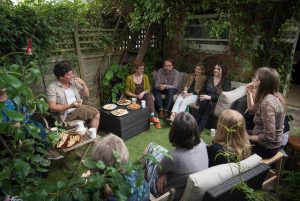
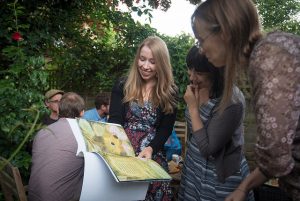
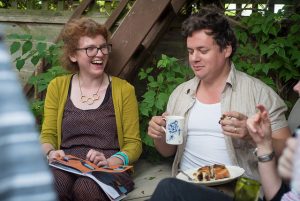
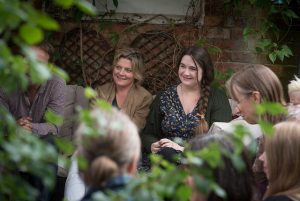
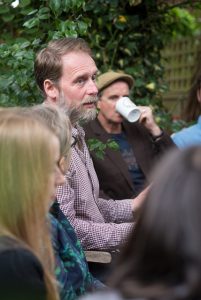
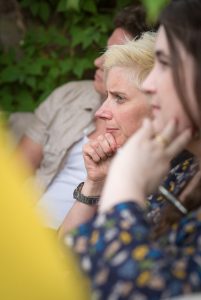
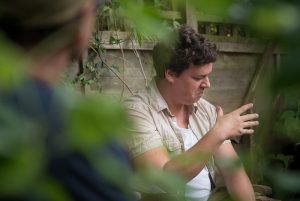
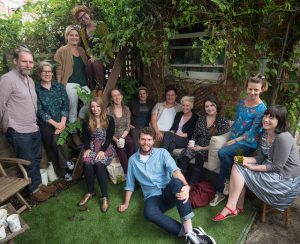
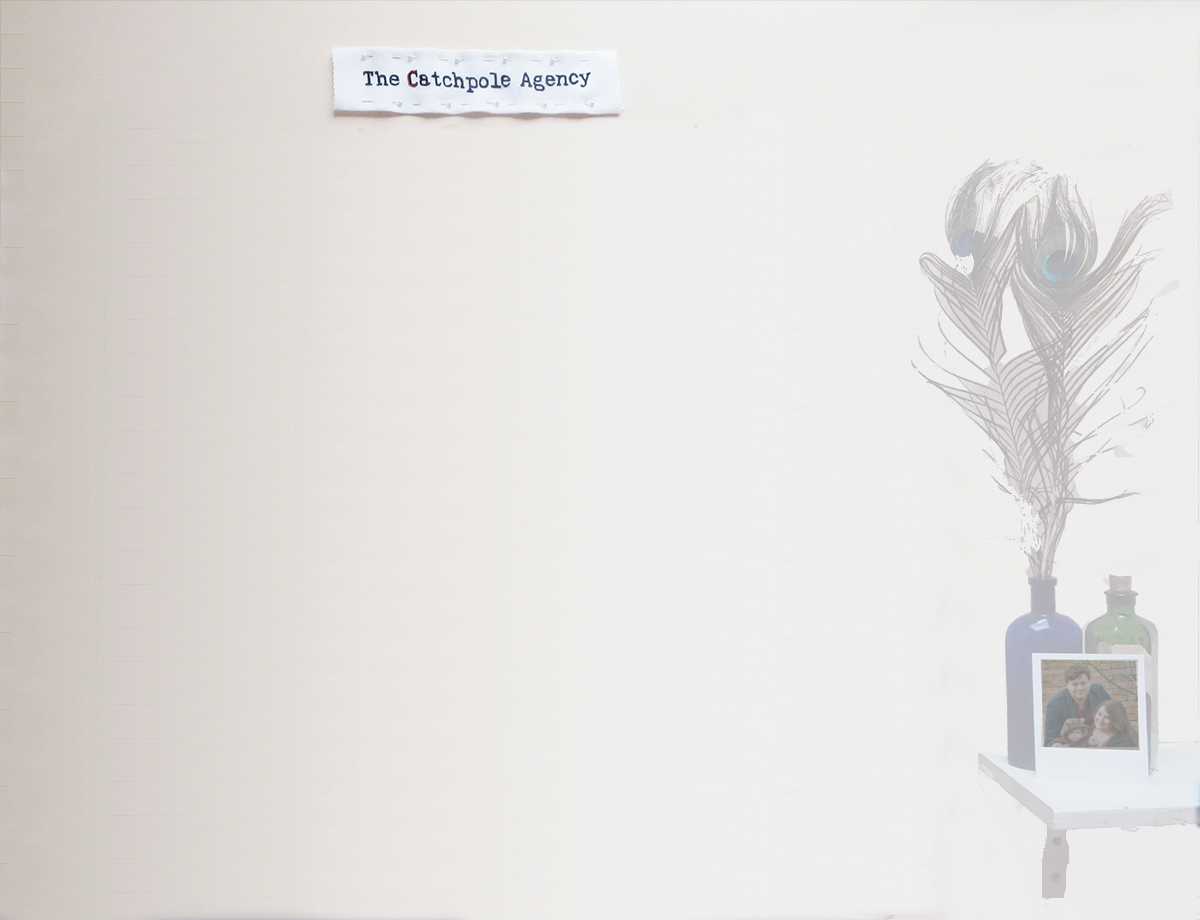









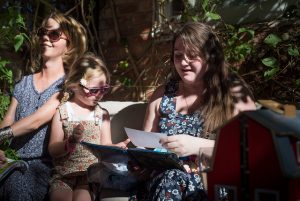
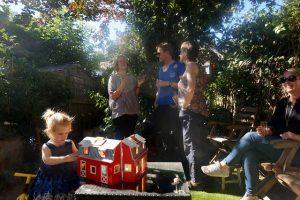
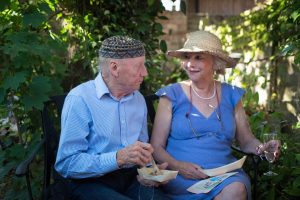

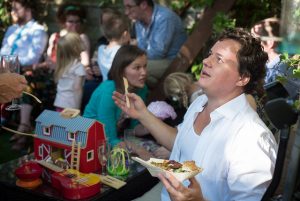
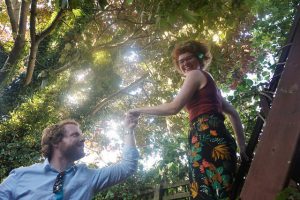
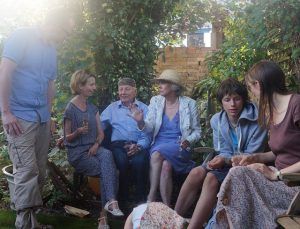
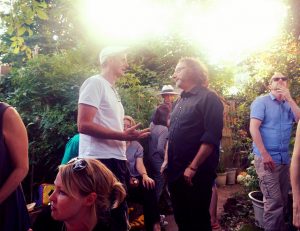
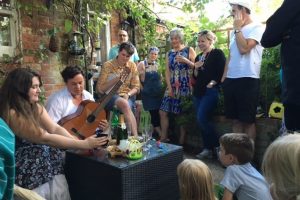


From Picture Book Den, 4th February 2013
There are many good things about working in children’s literature.
One of them is how frequently you find yourself having earnest, reasoned conversations about not entirely reasonable things, like whether, if anthropomorphized fruit have arms and legs, cheese and eggs should too. (A reasonable conclusion turns out to be yes, but not sausages or frozen chickens – that would be weird.)
Another good thing is how that precious, childish, ragged edge of fantasy does – somehow – find its way from an author’s pen, via the stewardship of an agent, right to the top of one of those great glass cliffs in London (into which all but a few of the smaller publishers have now been subsumed), so that still, when you sign in at the desk in the sterile, corporate lobby and take the lift to the 14th floor, the clean-lined, pale-toned, open-plan office that greets you nevertheless bears its happily incongruous traces, in shelves upon shelves of beautiful, colourful, anarchic and fantastical books.
But maybe the best thing about working in children’s literature is simply the range of storytelling. True, not all subjects and not all human experiences are covered here (no sex, most obviously), but the power and breadth of children’s fantasy – fantasy as real for them as reality is for us – more than compensates. And subject isn’t everything. Think of the range of ways a story can be told, and must be told, in order to enthral someone almost fully grown, and someone so small they’ve barely begun to be.
So this range and variety might be the best thing of all, I think: to be able to work on a picturebook in the morning, and a novel in the afternoon. And probably best in that order, because there’s something special about picturebooks that sharpens the tools of storytelling (and in my case, editing).
Picturebooks are how our agency began. Celia studied to be a visual artist – a sculptor – and has used that trained eye to spot talent in illustrators, and help them develop it. I hope I’ve inherited some of her instinct in that regard, to compensate for a lack of formal training in the visual.
My training was in words, and in music, a useful diversion so I later found, because it helps hone a sense of narrative in the abstract. Composers think of narrative structure in abstraction, ABACA. Writers often conceive of structure more instinctively or superficially, but the deeper, unconscious structure of storytelling is there all the same, hidden beneath the surface flow of paragraphs and chapters.
Picturebooks, like the simplest musical forms, impose a rigorously explicit structure on narrative. Thirteen and a half spreads to do all that a story (or a piece of music, in fact) has to do: establish a home, complicate matters, leave, and then resolve and return. And somehow that little journey has to intrigue and absorb us, carry us along, move us and then finally satisfy us.
Novels, like symphonies, may go here and there, may slow to a crawl then tear ahead to the finish, but picturebooks have no room to meander. As with poems, in the best picturebooks, every word earns its place. Picturebooks are the art and the science of storytelling distilled to their essence.
And maybe, after all, that’s the best thing about working in children’s literature: that ideal alchemy of wild, ragged fantasy, and the formal discipline of narrative, which picturebooks in particular mix and brew so well.
– James Catchpole